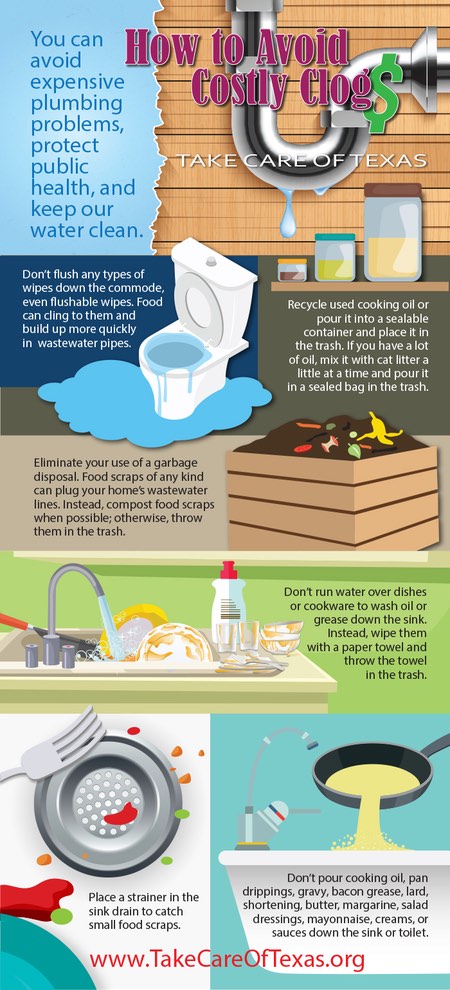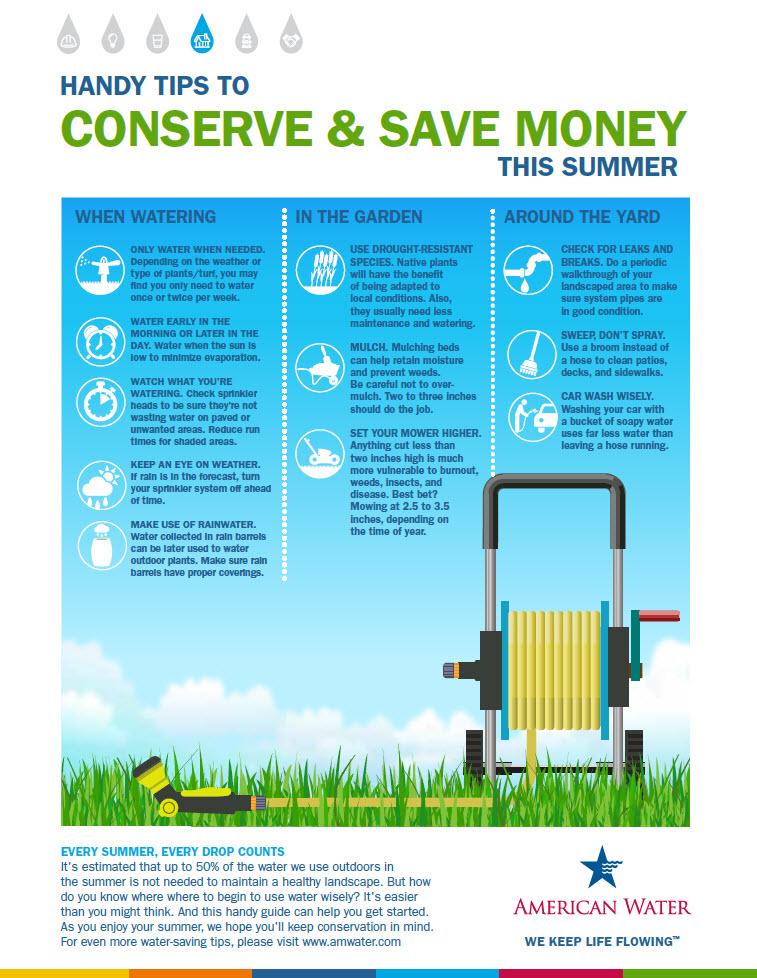Water
Notice of Conversion to Chloramine Disinfection
Dear Customer,
Harris County Municipal Utility District no. 230 (“District”) is a participant in the North Harris County Regional Water Authority’s (“NHCRWA”) plan to reduce ground water usage in Harris County as mandated by the Harris-Galveston Subsidence District. The NHCRWA will supply utility districts within the conversion zone with treated surface water from Lake Houston in lieu of their groundwater supply. The District is located within the conversion zone and expects to receive surface water from the NHCRWA during the next few months. Currently, the District provides potable water (“drinking water”) from ground water supplied by one (1) water well located within the District.
The NHCRWA’s water supply will be disinfected using chloramines which is the best management practice for surface water. Chloramine is an approved and accepted disinfection method authorized by the Texas Commission on Environmental Quality (“TCEQ”). The District is required by the TCEQ to have a disinfectant system that is compatible with the source water as provided by the NHCRWA. Therefore, the District is required to change the disinfectant used to disinfect it’s drinking water from chlorine to chloramines. This change is intended to benefit our customers by reducing the levels of disinfection byproducts (DBPs) in the distribution system, while still providing protection from waterborne disease.
However, the change to chloramines can cause problems to persons dependent on dialysis machines. A condition known as hemolytic anemia can occur if the disinfectant is not completely removed from the water that is used for the dialysate. Consequently, the pretreatment scheme used for the dialysis units must include some means, such as a charcoal filter, for removing the chloramines. Medical facilities should also determine if additional precautions are required for other medical equipment. Persons on dialysis should contact their doctor for instructions.
In addition, chloraminated water may be toxic to fish. If you have a fish tank, or fish pond, please make sure that the chemicals or filters that you are using are designed for use in water that has been treated with chloramines. You may also need to change the type of filter that you use for the fish tank. Persons with a fish tank should contact their professional supplier for information.
This Notice is to inform you that, within the next couple of months, we will be converting to chloramines as our method of disinfection.
We welcome your questions and/or comments. Please contact Regional Water Corporation (RWC) at 281-897-9100 should you have any questions or comments.
Sincerely,
Harris County MUD Board of Directors




